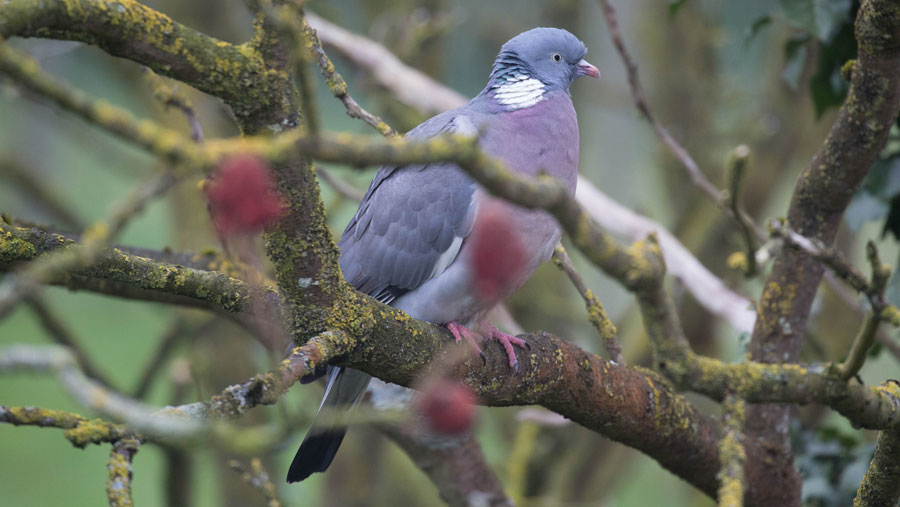Wild Justice challenges Northern Ireland’s general licences
 © Tim Scrivener
© Tim Scrivener Wild Justice has launched a legal challenge against the general licences available in Northern Ireland to control certain pest bird species.
The conservation charity, led by Chris Packham, Ruth Tingay and Mark Avery, has criticised the licences issued by the Department of Agriculture, Environment and Rural Affairs (Daera) as “the worst in place anywhere in the UK”.
See also: Wild Justice hit with £10,000 legal bill after losing case
Wild Justice has claimed there are “scientific and legal flaws” in the licences and will ask for a judicial review of them if Daera does not modify the orders that are available to prevent damage to crops and protect livestock, protect public health, and for conservation.
“They are scientifically flawed because they allow the killing of several species where there isn’t evidence to demonstrate they are a problem,” Wild Justice said on its crowdfunding page to raise cash for the legal challenge.
“The general licences are legally flawed for a long list of reasons, including that they do not specify the circumstances under which they can be used, or the non-lethal alternatives which should first be deployed,” Wild Justice said.
Three general licences are currently available from Daera – TPG1, TPG2 and TPG3.
The TPG2 licence allows 12 species – including rook, woodpigeon and feral pigeon – to be killed, or nests and eggs taken for the purpose of preventing the spread of disease and preventing serious damage to agriculture.
Consultation pulled
A public consultation on the general licence process was withdrawn by Daera on 29 July due to a “technical error”.
The consultation proposed removing several species from some or all of the three current Northern Ireland general licences.
Wild Justice had welcomed the proposed removal of herring gull, lesser black-backed gull, great black-backed gull and rook from all three of the categories of general licence.
But it said Daera reissued the licences in September without addressing any of their concerns – so now they will “challenge them in the courts with vigour”.
A Daera spokeswoman said: “The department is involved in a litigation process and it would be inappropriate to comment at present.”
